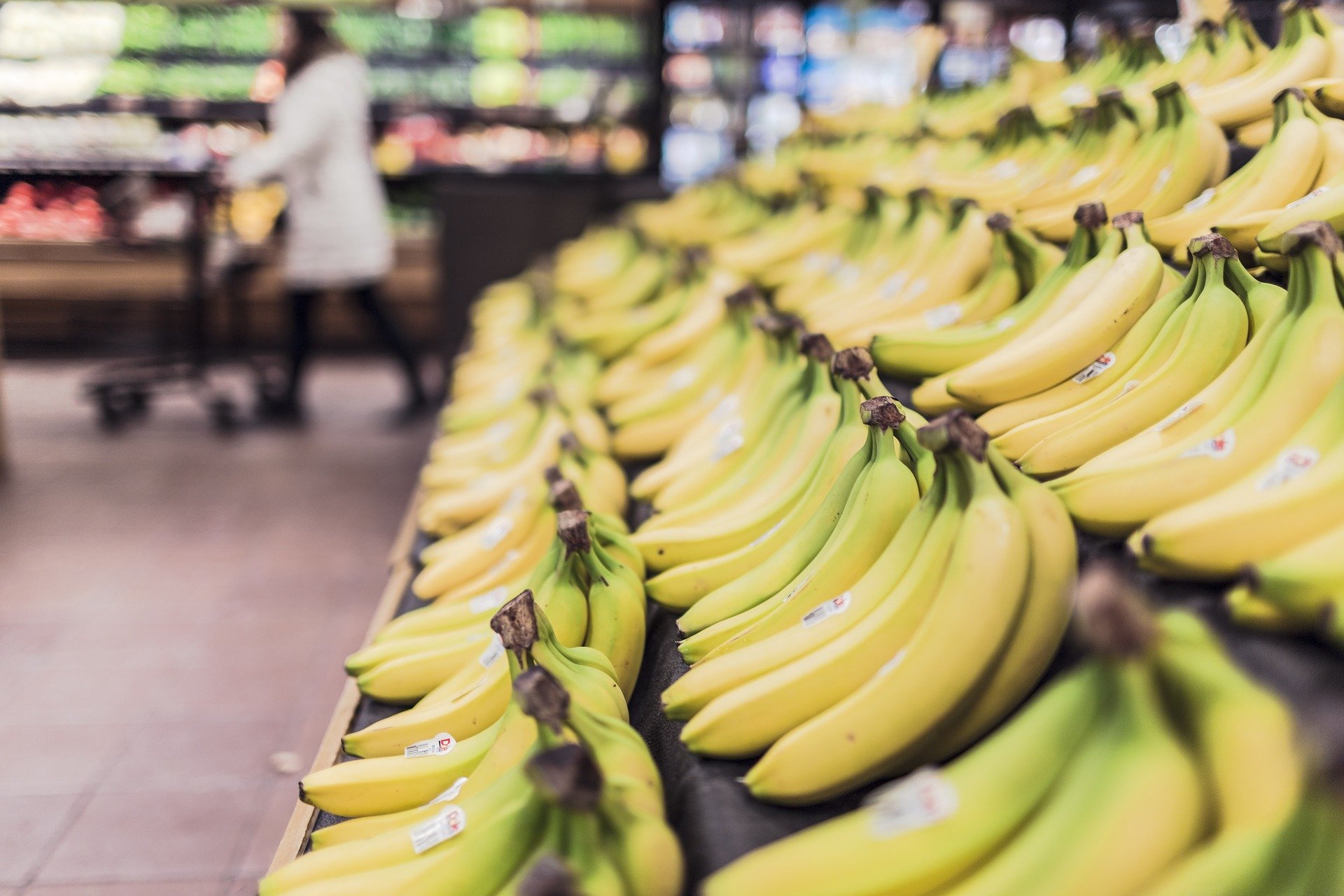The boom for supermarkets has positive repercussions elsewhere, as they are better positioned to ‘pay it forward’. We are hearing of supermarkets offering a rent-free quarter to small business tenants that operate concessions across their stores, and a willingness to pay small suppliers immediately in a bid to help them with cashflow.
The unprecedented surge in demand saw customers collectively spend an extra £1.9bn on groceries last month. Although this drastic increase might be attributed to panic buying, with pubs, restaurants and schools closed, it is an uplift that is likely to continue for the foreseeable.
But it is not just the large supermarkets that are benefitting. We have seen a move towards shopping local, with fishmongers, butchers, bakers and farm shops ramping up their ability to deliver. Convenience stores have also seen an increase in numbers, with the average basket spend increasing. YouGov research shows that despite visiting local corner shops less frequently, 23% of Brits have used corner shops more since lockdown.
This is welcome news for commercial landlords who own supermarket stores and convenience store units. The same cannot be said for landlords of struggling non-food retailers with closed stores. Remit Consulting’s weekly report (dated 29 April) in to the collection of rents by major property management firms reveals that in the retail sector as a whole, the rent collection for rents due on the March quarter date has risen from just 41% on the due date to 55% after 28 days.
It is difficult to get a real sense of how long lockdown will continue and, beyond that, how long social distancing measures will remain in place. Although essential food retailers are currently in a favourable position, questions must be asked about the longer-term sustainability. They must be considering supply chain resilience and product availability as well as the well-being of staff if this change in habit is set to continue towards the end of the year.
If you have a question for Harold Sharp’s PropTech team, please contact us.
